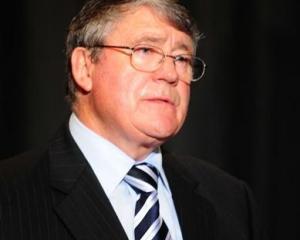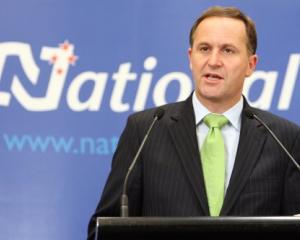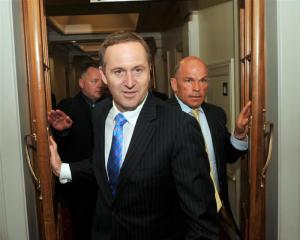The battle for the Maori seats looks set to be an interesting one, with some people predicting the Maori Party will take all seven electorates.
Last election, the party took four, which now look safe.
Its sights are now set on the other three electorates.
A recent Marae-DigiPoll had the Maori Party well ahead of Labour in all the electorates.
Otago is represented within the Te Tai Tonga electorate, the biggest in the country, which takes in Wellington and parts of the Hutt Valley, the South Island, Stewart Island and the Chatham Islands.
The Te Tai Tonga electorate was held for over 64 years as Southern Maori by the Tirikatene family, until 1996.
In 2005, Labour's Mahara Okeroa captured a plurality with 47.23% of the 19,087 valid electorate votes cast.
He also held the seat in 2002 with a margin of 8052 votes.
However, this time round he is seen as vulnerable to a new Maori Party candidate, Treaty of Waitangi lawyer Rahui Katene.
Community leaders spoken to in Otago said the Maori Party brand was "very strong" and that Mr Okeroa might as well have "dropped off the edge of the planet" as he had not been seen to be active in Otago for at least two years.
If Mr Okeroa loses, his 40th position on Labour's list could also see him leave Parliament.
Despite that, many Maori are loyal to Labour, so even if the electorate votes go to the Maori Party the party vote is likely to go to Labour.
Leaders spoken to said the issues remained the same within the electorate and Maori voters were likely to vote on traditional issues such as social justice, treaty settlements and the disparity between Maori and non-Maori, particularly in terms of employment and crime.
However, young Maori are increasingly aware of their people's issues and are likely to use this knowledge in their party vote this election.
The median age for the Te Tai Tonga electorate in 2006 was just 23.
The toughest battleground in the rest of the country looks to be Ikaroa Rawhiti, which pits Maori Affairs Minister Parekura Horomia against veteran broadcaster and Maori Party candidate Derek Fox.
The campaign is a rematch of their epic 1999 tussle, which saw Mr Horomia step out of gunsmoke 695 votes ahead of Mr Fox, who was then standing as an independent.
This time around, a June Marae-Digipoll gave Mr Fox a 1.5% lead - well inside the margin of error.
In his favour, Mr Fox is a high-profile candidate and the Maori Party has considerable momentum, but as the hulking Mr Horomia shrugs off his ministerial duties to campaign he will be able to point to several key Labour policy gains.
They include a deal protecting local iwi Ngati Porou's customary rights under Labour's foreshore and seabed legislation, several treaty deals and key economic gains for Maori such as low unemployment, big rises in the minimum wage and the Working for Families package.
Hauraki-Waikato - a slightly altered and renamed version of Tainui - could be another tight battle.
Labour's Nanaia Mahuta defeated Maori Party candidate Angeline Greensill by 1860 votes last time around.
An early Marae-Digipoll put her in front of Ms Greensill, but only just.
She has tradition and Kingitanga blood on her side and after her 2005 efforts was rewarded with ministerial roles - things which should hold her in good stead.
- Additional reporting by NZPA.







